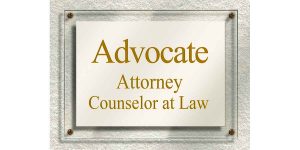
The Complete Guide to Estate Planning
Estate planning is the process of planning how to manage and handle an individual’s estate after his/her death. All the assets owned by an individual becomes estate after his/her death. The decedent’s beneficiaries and heirs receive those assets. Estate planning includes making of a will or a trust or a charitable donation. The estate of the decedent gets distributed according to the instructions mentioned in the will or the trust. In case of a will, the decedent must have mentioned the name of the executor. The executor has the responsibility to to execute the will through a probate process. He/she has the authority to manage and handle all the will-related activities. The executor is the one responsible for distributing the











